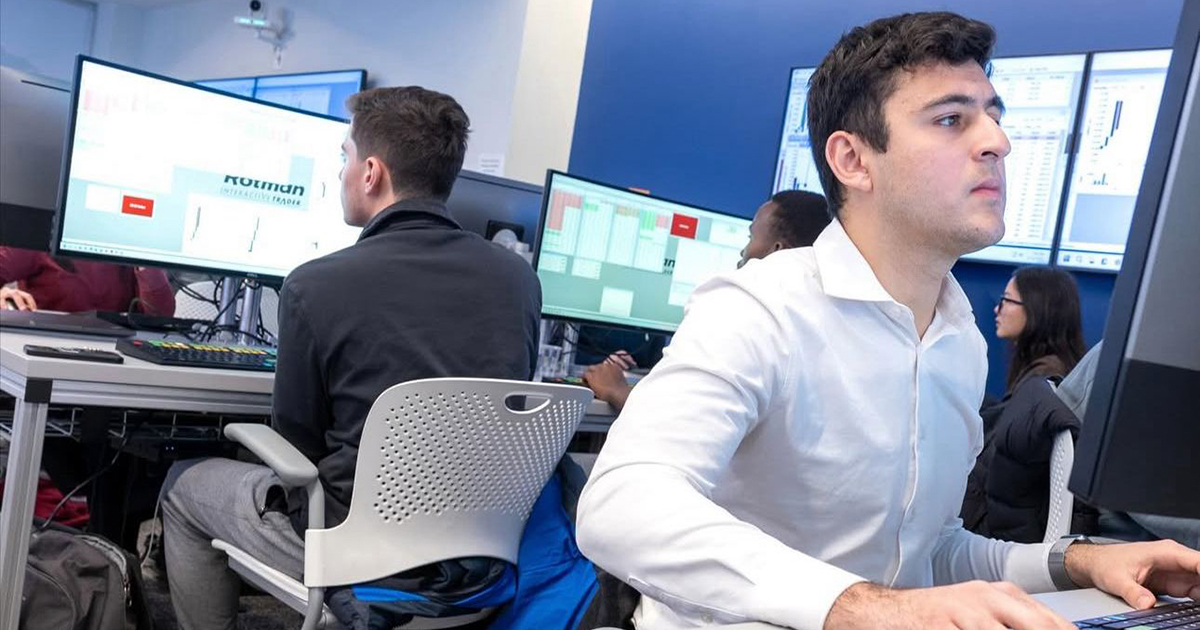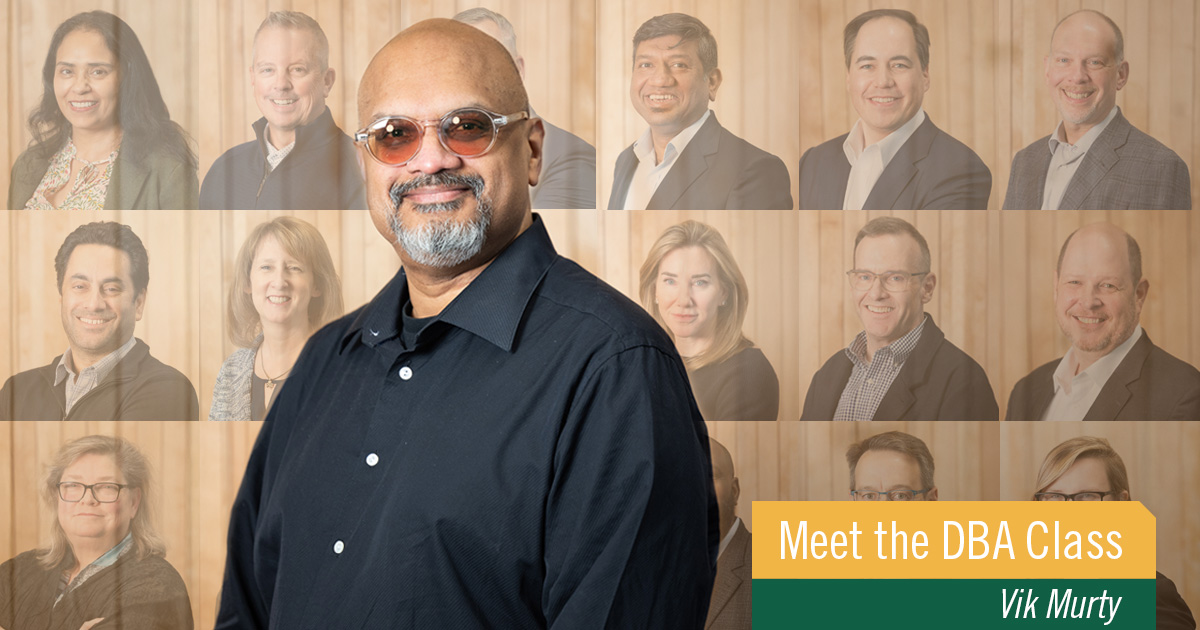Becoming a Conscious Capitalist

Professor Raj Sisodia, chairman and co-founder of the Conscious Capitalism Institute, is the co-author (with Whole Foods Founder John Mackey) of business bestseller Conscious Capitalism: Liberating the Heroic Spirit of Business. In addition to helping companies around the world adopt the mindset of Conscious Capitalism, Sisodia also is the F.W. Olin Distinguished Professor of Global Business at Babson College. We spoke recently about Conscious Capitalism’s themes and what they mean for entrepreneurs.
The four tenets of conscious capitalism concern purpose, stakeholders, leadership, and culture. How is this different from the terms visionary or socially responsible business?
Raj Sisodia: We used the word conscious to convey the idea of being fully mindful, fully awake, seeing the bigger picture, understanding all the consequences of our actions, having a finer sense of right and wrong. Once we understand all the consequences of our actions, then we also start to understand that we are accountable for the outcomes that result from our actions.
How should businesses talk about this with their customers?
RS: Whole Foods is an example of a company that does this well. First, they understand that customers care about more than product and price alone; they are also potential employees, involved community members, or potential investors. So Whole Foods tries to connect with them holistically on values and philosophy, which makes for a more authentic connection and opens up opportunities for customers to get involved in the company’s Whole Planet initiatives. It’s authentic when companies say, “Here’s who we are, and here’s what we stand for,” and then customers and employees can self-select whether or not they want to do business together.
Do you find that people are skeptical?
RS: Yes, to a degree, but I find that in the 7-8 years I’ve been working in this realm, the degree of skepticism has gone down significantly. There is a significant hunger, I find, for meaning and purpose. Many people are finding that or fulfilling that through volunteering, through a nonprofit, perhaps through their church. But, what we’re saying is that paid work can be inherently a deep source of meaning and purpose. In fact, it is the most meaningful kind of work. If we can bring meaning and purpose into our work, then that ultimately is the greatest driver of human happiness.
Gallup and others have found the number one determinant of human happiness is the degree to which you have meaning and purpose and respect and impact.
Couldn’t entrepreneurs consider conscious capitalism a luxury, and only get around to it once the business is up and running?
RS: Investment of time and money are the what business questions, but when you’re starting a business, you must ask the why questions first: “Why does this company need to exist? Why would the world be a better place? Why would it be missed if it did not exist or were to go away?” If you don’t get the answers to those questions right, you’re building the whole thing on a less-than-secure foundation.
Why isn’t a foundation of profit, popularity, and growth adequate?
RS: If you want to attract people to work for you who are highly creative, highly inspired, energized, engaged, you’re going to have to give more than that. People, especially the Millennial generation, want to get a sense of meaning and purpose through their work. Currently, it’s creative human energy that distinguishes or differentiates different enterprises or organizations.
How does creative human energy translate into ROI for entrepreneurs?
RS: The average company has 25-30 percent employee engagement, and 20 percent who are actively disengaged or hostile. That’s the workforce of your competition. If you’ve got a company where 90 percent of the people are passionately committed to what they’re doing, you’ve got access to this source of inspired creativity that ultimately is the differentiator in today’s world. Everything else is a commodity.
How can someone at mid-level in a large corporation practice conscious capitalism?
RS: Within your sphere of influence, within the domain that you operate in as a leader, you can certainly create an oasis of this kind of way of being.
I had a friend who managed a bank [branch] in India. Customer satisfaction generally wasn’t very high, but this was the worst of all of them. Within two or three years, by practicing these principles, she turned that location into the highest-performing branch within the network. She took it from customer satisfaction at the bottom to customer delight and [converted] employees who were thoroughly disinterested, disengaged, even hostile, unionized and striking all the time, to being highly committed, highly engaged, and to being deeply embedded into the community. She changed the whole culture of the place and turned it around so it became a kind of oasis within the bank.
So there’s a corporate culture, but then there’s also a divisional or unit culture that can be created and that can thrive. Does that then lead to the wholesale transformation of the entire organization? Generally not. It can die right there, or it can remain isolated there, or once that leader leaves it may go back to the norm. I think for wholesale transformation to happen, you have to have buy-in at the top.
Posted in Insights



